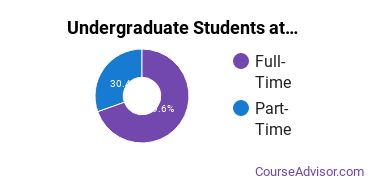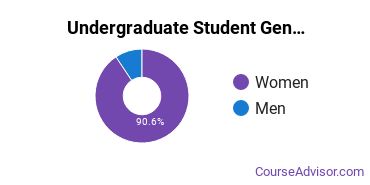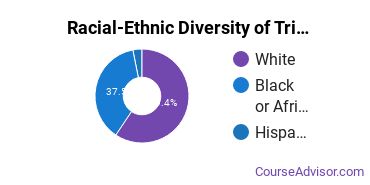Tri County Regional Vocational Technical High School Overview
Tri County Regional Vocational Technical High School is a public institution situated in Franklin, Massachusetts. The suburban atmosphere of Franklin makes it a great place for students who want the amenities of city life without actually living in the middle of a constant hustle and bustle.
What Is Tri County Regional Vocational Technical High School Known For?
- Students who want to work more closely with their professors have an easier time at Tri-County RVTHS since the student to facuty ratio is 9 to 1.
- The undergraduate certificate is the highest award offered at Tri-County RVTHS.
Where Is Tri County Regional Vocational Technical High School?

Contact details for Tri-County RVTHS are given below.
| Contact Details | |
|---|---|
| Address: | 147 Pond St, Franklin, MA 02038 |
| Phone: | 508-528-5400 |
| Website: | www.tri-county.us |
How Do I Get Into Tri-County RVTHS?
You can apply to Tri-County RVTHS online at: www.tri-county.us/wp-content/uploads/2019/10/Admission_Application_051618.pdf
Can I Afford Tri County Regional Vocational Technical High School?
Explore Best Ranked Schools for You
Tri County Regional Vocational Technical High School Undergraduate Student Diversity

Gender Diversity
Of the 35 full-time undergraduates at Tri-County RVTHS, 6% are male and 94% are female.

Racial-Ethnic Diversity
The racial-ethnic breakdown of Tri County Regional Vocational Technical High School students is as follows.

| Race/Ethnicity | Number of Grads |
|---|---|
| Asian | 0 |
| Black or African American | 11 |
| Hispanic or Latino | 0 |
| White | 24 |
| International Students | 0 |
| Other Races/Ethnicities | 0 |
Tri County Regional Vocational Technical High School Undergraduate Concentrations
The table below shows the number of awards for each concentration.
| Major | Undergraduate Certificate | TOTAL |
|---|---|---|
| Practical Nursing & Nursing Assistants | 40 | 40 |
| Cosmetology | 9 | 9 |
| TOTAL | 49 | 49 |
References
*The racial-ethnic minorities count is calculated by taking the total number of students and subtracting white students, international students, and students whose race/ethnicity was unknown. This number is then divided by the total number of students at the school to obtain the racial-ethnic minorities percentage.
More about our data sources and methodologies.
